In der Interview-Reihe „Affective societies, affected scientists!“ beantworten Wissenschaftler*innen auf Stippvisite oder mit längerem Aufenthalt im Sonderforschungsbereich „Affective Societies“ Fragen zur Affektivität und Emotionalität in Wissenschaft und Gegenwart. Heute stellen wir Stefan Wellgraf vor, der derzeit Gastwissenschaftler am SFB „Affective Societies“ ist. Zuvor war er wissenschaftlicher Mitarbeiter an der Europa-Universität Viadrina in Frankfurt/Oder, wo er … weiterlesen
Affective societies, affected scientists! 5 questions to Aníbal Arregui
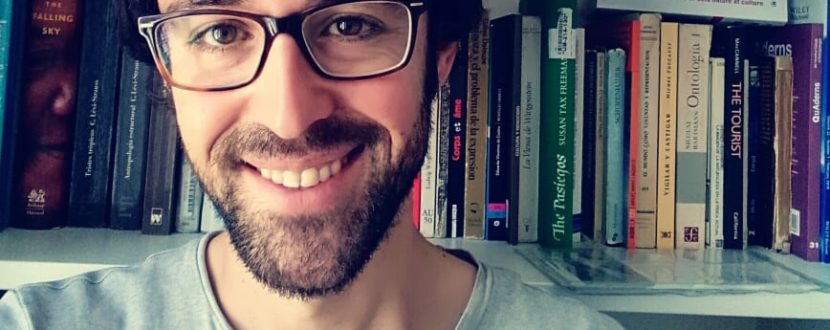
The interview series poses questions concerning the role of affects and emotions in research practice and contemporary society to researches on short-term visit and associate members of the Collaborative Research Center „Affective Societies“. Today, we introduce Aníbal Arregui who studied Social Anthropology at the Uni Barcelona (PhD 2013). As a postdoc, he has been affiliated to … weiterlesen
Affective Societies, affected scientists! Five questions to Michal Givoni

The interview series poses questions concerning the role of affects and emotions in research practice and contemporary society to researches on short-term visit and associate members of the Collaborative Research Center „Affective Societies“. Today, we introduce Michal Givoni who teaches in the Department of Politics and Government at Ben Gurion University, Israel. She works in … weiterlesen
Affective Societies, affected scientists! Five questions to Michael Richardson
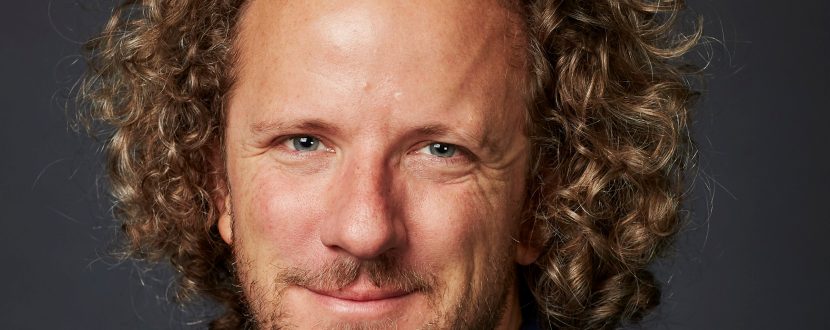
The interview series poses questions concerning the role of affects and emotions in research practice and contemporary society to researches on short-term visit and associate members of the Collaborative Research Center „Affective Societies“. Today, we introduce Michael Richardson who is a lecturer in the School of the Arts and Media at the University of New … weiterlesen
Affective societies, affected scientists! Five questions to Lara Baladi
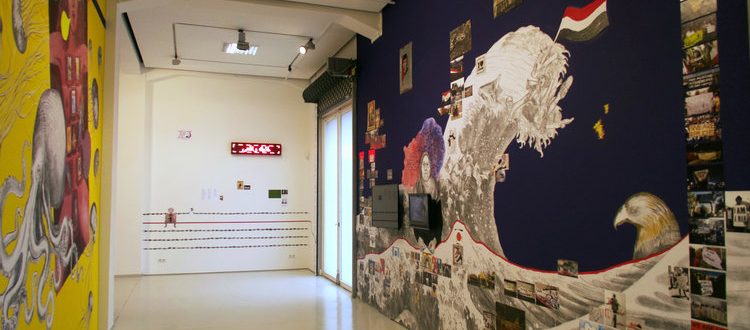
The interview series poses questions concerning the role of affects and emotions in research practice and contemporary society to researches on short-term visit and associate members of the Collaborative Research Center „Affective Societies“. Today, we introduce Lara Baladi, an Egyptian-Lebanese multidisciplinary artist, archivist and educator. In her investigations into archives, personal histories, socio-political narratives and … weiterlesen
Affective societies, affected scientists! Five questions to Greg Seigworth
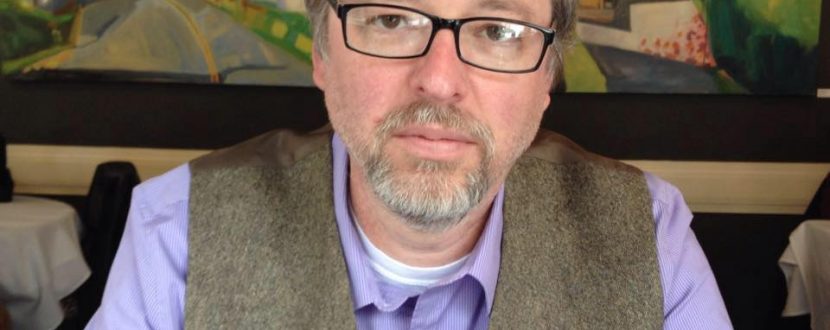
The interview series poses questions concerning the role of affects and emotions in research practice and contemporary society to researches on short-term visit and associate members of the Collaborative Research Center „Affective Societies“. Today, we introduce Greg Seigworth, who is Professor of Communication Studies in the Department of Communication and Theatre at Millersville University in … weiterlesen
Affective societies, affected scientists! Five questions to Mathew Arthur
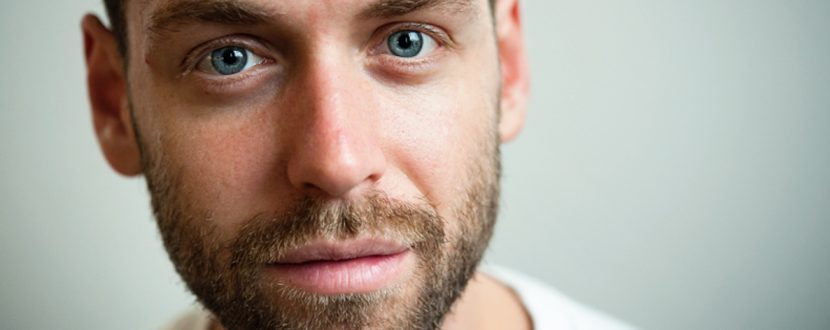
The interview series poses questions concerning the role of affects and emotions in research practice and contemporary society to researches on short-term visit and associate members of the Collaborative Research Center „Affective Societies“. Today, we introduce Mathew Arthur, who is design and web application Developer based in Vancouver. Together with Greg Seigworth he‘s co-editing Capacious. … weiterlesen
Affective Societies, affected scientists! Five questions to Jean-Baptiste Pettier
The interview series poses questions concerning the role of affects and emotions in research practice and contemporary society to researches on short-term visit and associate members of the Collaborative Research Center „Affective Societies“. Today, we introduce Jean-Baptiste Pettier who has a PhD in social anthropology from the École des Hautes Études en Sciences Sociales, with … weiterlesen
Affective societies, affected scientists! Five questions to Adam Alston
The interview series poses questions concerning the role of affects and emotions in research practice and contemporary society to researches on short-term visit and associate members of the Collaborative Research Center „Affective Societies“. Today, we introduce Adam Alston who is Lecturer in Theatre and Performance Studies at the University of Surrey. His research explores the … weiterlesen
Affective societies, affected scientists! 5 Fragen an Oliver Lubrich
In der Interview-Reihe „Affective societies, affected scientists!“ beantworten Wissenschaftler*innen auf Stippvisite oder mit längerem Aufenthalt im Sonderforschungsbereich „Affective Societies“ Fragen zur Affektivität und Emotionalität in Wissenschaft und Gegenwart. Heute stellen wir Oliver Lubrich vor, der seit 2011 Professor für Germanistik und Komparatistik an der Universität Bern ist. Einer seiner Forschungsschwerpunkte ist die Reiseliteratur – etwa … weiterlesen



 ältere Posts
ältere Posts